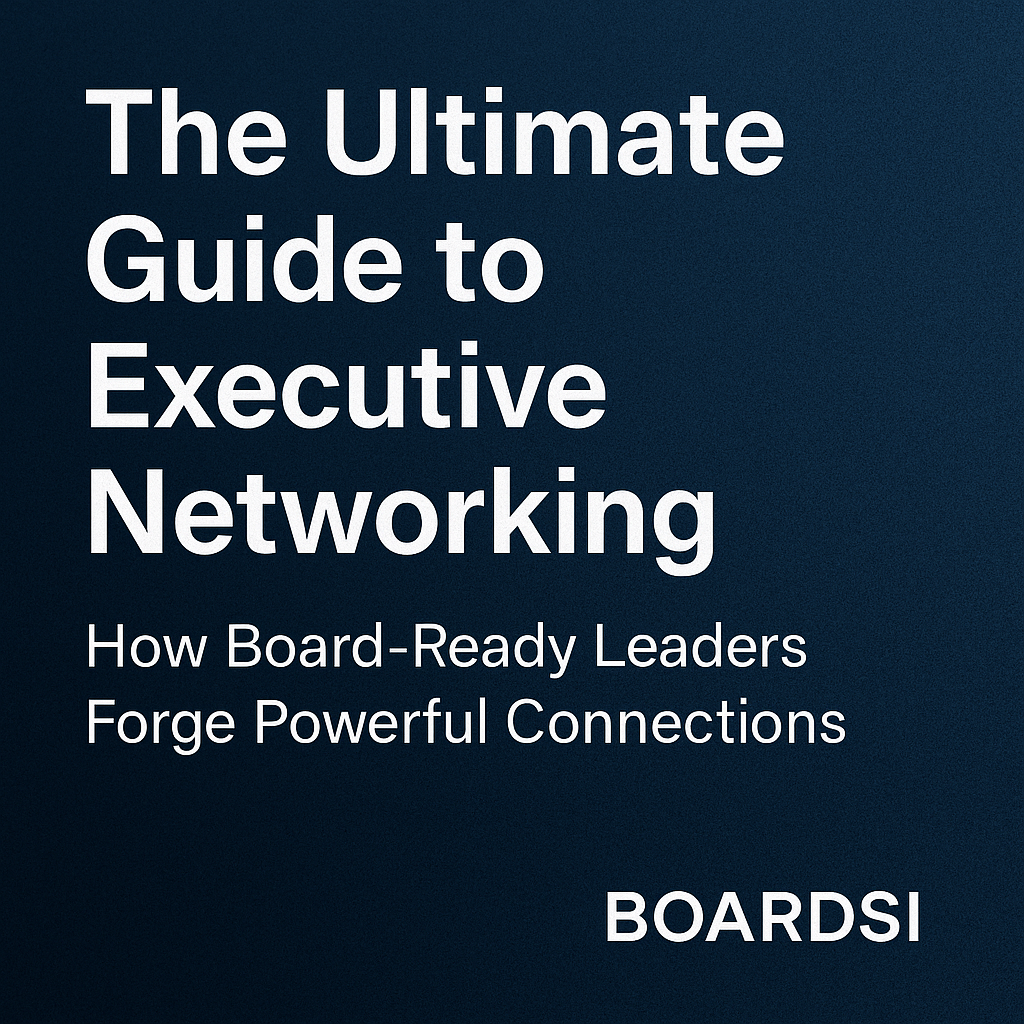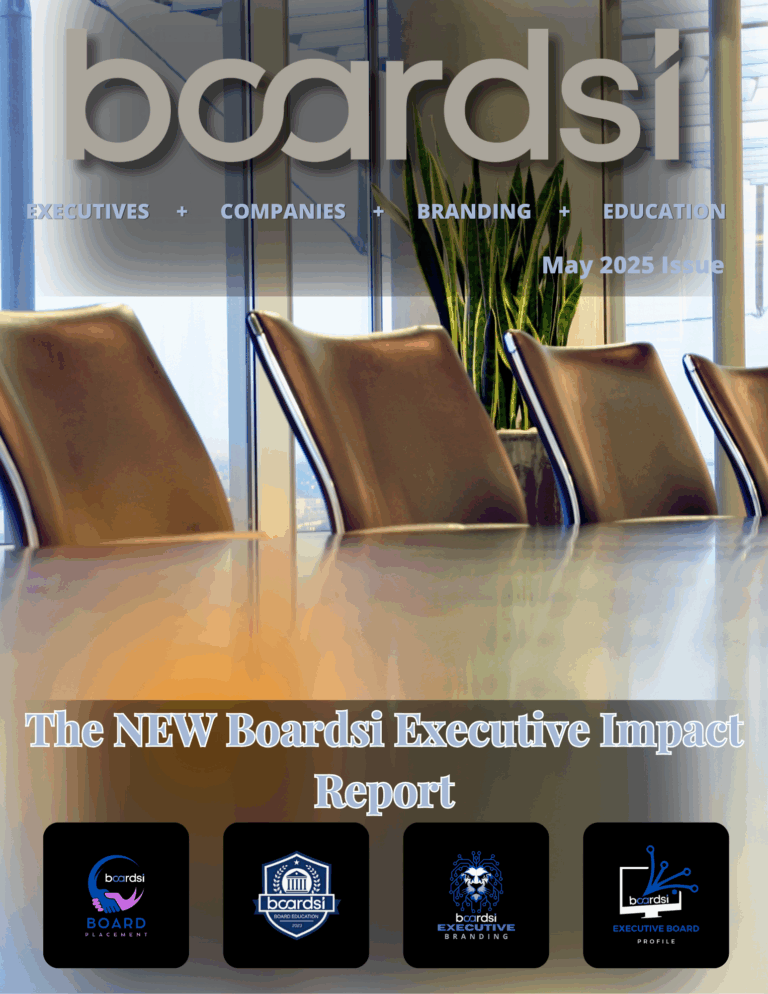“With fewer stringent regulatory requirements leaving more time for strategy and innovation compared to public company peers, being a private company board director can be more attractive than being a public company one.” Rafael Pastor, Director on the Boards of KinderCare Education, Edisability, and Rosetta Books
Mandy Wright’s article on NACD highlights some key trends and challenges that private company directors and those aspiring to become should pay attention to in 2023. The first trend is IPO hesitancy, with many companies having held off or even withdrawn plans to go public in 2022 due to geopolitical tensions and market uncertainty. While initial public offering (IPO) hesitancy may not be new, the threat of a recession looms closer, which may further dissuade companies from going public. Being a public company is also less attractive due to the regulatory burden that public companies must bear.
The second trend is increased M&A activity as companies and private equity firms look for alternatives to going public. Despite the IPO hesitancy, there is still $1.2 trillion of dry powder among private equity firms ready to be deployed. Thus, Rafael Pastor believes that there will be an increase in merger and acquisition activity.
The third trend is that private company boards need to change the skills they look for, especially when it comes to cybersecurity, environmental, social, and governance issues, as well as social media. Stuart Levine, the CEO of Stuart Levine & Associates, suggests that independent assessments will become critical to assessing board directors’ independence and effectiveness in private companies.
The fourth trend is talent tensions, including finding the right skills, strengthening the culture, and working through layoffs. Family-owned private companies, in particular, may struggle with this due to their paternalistic culture. But they could get talented people by taking advantage of the fact that jobs are being cut in the public sector.
In light of these trends, private company boards must prepare themselves adequately for the challenges that lie ahead. Having the right people in the boardroom and at the top of private organizations will improve the chances that these companies succeed, no matter what may come.
Original Article: NACD









